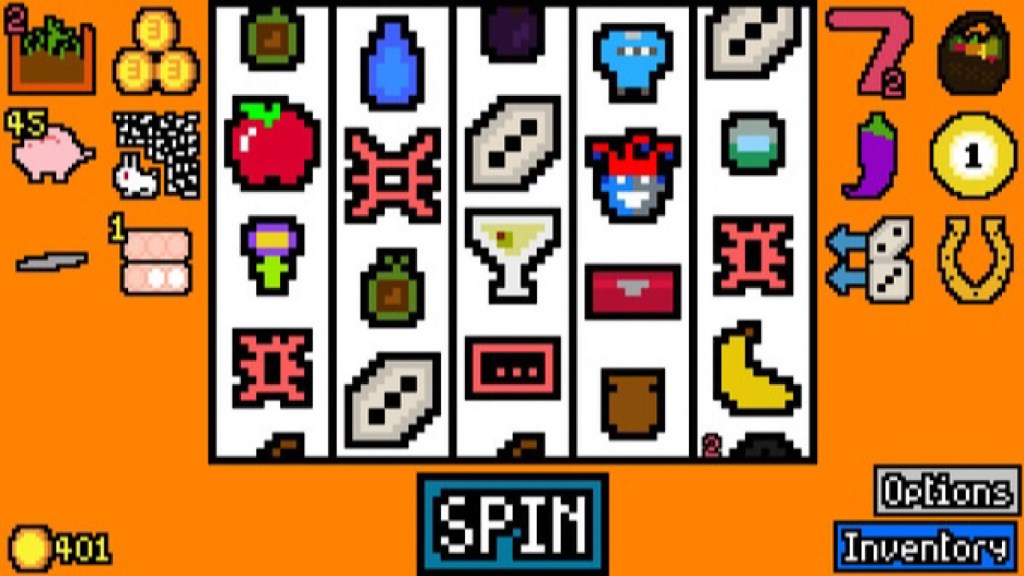The setting was familiar for Mississippi Valley State, as the clock wound down on the Delta Devils’ 12th straight loss to start the season, this one by 30 points to Northwestern. The stands were barely half-full, and the remaining crowd lightly applauded the result they all expected.
This was MVSU’s 12th straight road game, too, so they knew the deal. They’d show up and compete for as long as they could—for 17 minutes in this one, according to coach Andre Payne—then they’d pack up and head to the next location on their 14-game season opening road trip, covering 13 states. It’s a draining seemingly epic journey, at least until you realize why MVSU was really in Evanston, Illinois, playing a power-conference opponent.
Videos by VICE
Their prize for the loss? $80,000.
Read More: LSU Isn’t Great, And That Makes Ben Simmons Even Better Than You Think
Like many teams in a limited-resources conference like the SWAC—made up of historically black colleges and universities in the South—Mississippi Valley State spends its non-conference season crisscrossing the country to play “guarantee games.” College basketball non-conference schedules are not put together by leagues, so it’s up to individual schools to bring opponents to campus, and part of how they do that is by essentially bidding for patsies.
The Delta Devils’ non-conference guarantees total over $600,000 this season, according to Payne. That’s significant for MVSU, which is the second-poorest public athletic department in Division I, bringing in just under $4 million this past year. (By contrast, Oregon brought in $196 million in athletic revenue).

What $80,000 buys you. —Photo by David Banks-USA TODAY Sports
This is a unique year for MVSU, which is getting a new arena and doesn’t have anywhere to play. But most seasons aren’t much different. The Delta Devils didn’t play any games on campus last year, and the only two they played the year before were against non-Division I teams, which require a very small guarantee. Of the 119 non-conference games SWAC teams will play this year, only 16 (13 percent) are true home games, and only six (five percent) are true home games against other Division I teams. Texas Southern and Arkansas-Pine Bluff also play no home non-conference games.
Money is the biggest factor when it comes to the Delta Devils’ non-conference scheduling. And to their credit, they’ve found where they can maximize their profits. They’ve played Northwestern every year since 2011-12—all losses—because the matchup works out well for both teams.
“First of all, the guarantee is good,” Payne said. “We make about $80,000. They’re great hosts. It’s an easy fly-in from Memphis to this gym, so it’s a good situation. You know, we don’t have to fly in and drive two hours to get somewhere, we fly in and we’re here. So that’s a good situation for us. We have a couple kids that are from Chicago and we’ve got a few alumni up here.”
Northwestern coach Chris Collins joked that he’s only responsible for three of the MVSU games, but he said the schedule has worked out well for both teams, and the guarantee works well, too. Northwestern is a private school and does not release how much money it pays for guarantees, but Collins has noted for that other schools have “outbid” the Wildcats for guarantees.
The bidding system is completely unregulated. A national database exists where teams can list when they’re free and when they want to play someone, and that helps connect coaches. The smaller schools will pretty much just go to whatever school offers them the best guarantee.
As for the athletes involved? While the trip did include a few stops at home, the grind of traveling to 13 states in a month-and-a-half—plus having to do school work—isn’t easy.
“I know two schools, I know Duke and Northwestern, and both of those schools, it would be impossible to do that,” Collins said. “So, it would be hard to do that, for sure.”
MVSU’s sports information office declined to make its players available for interviews, but Payne says MVSU makes due by teaching its players to be “mentally tough.” The Delta Devils have one academic advisor, while schools like Northwestern have several, and the coaches have to work with the professors to make sure players can do assignments online while on the road. Scheduling games on Thanksgiving and winter break also helps.
“We have three coaches on our staff and one graduate assistant, so we’re the ones making sure they’re in study hall,” Payne said. “We’re constantly checking in with our academic advisor back at campus who’s letting us know what tests they have, and then we’ve got professors that work with us. They give those guys their assignments before they leave, or they put them online. So you’ve just got to be creative. You can’t dwell on what you don’t have, what you don’t got. You’ve got to be creative in what you do have, and that’s what we pride ourself in doing.”
It’s worked as well as it can this year. Payne said grades from this semester just came back and every player is eligible, with five players above a 3.2 GPA. The players obviously wear down physically—Payne said his players looked exhausted in in the second half—but half the battle is making sure they aren’t also mentally fatigued.

The appropriately-named Andre Payne, getting creative. —Photo by David Banks-USA TODAY Sports
The Delta Devils might not be winning on the court, but that’s not the purpose of this trip. They’re doing enough to get by in the classroom, and crucially, in the bank. Next year, MVSU will do this whole trip again. And if history is any indication, they’ll come back to Evanston, lose by 30, and walk away $80,000 richer. During non-conference season for a low-resource school, that’s just about all that matters.



